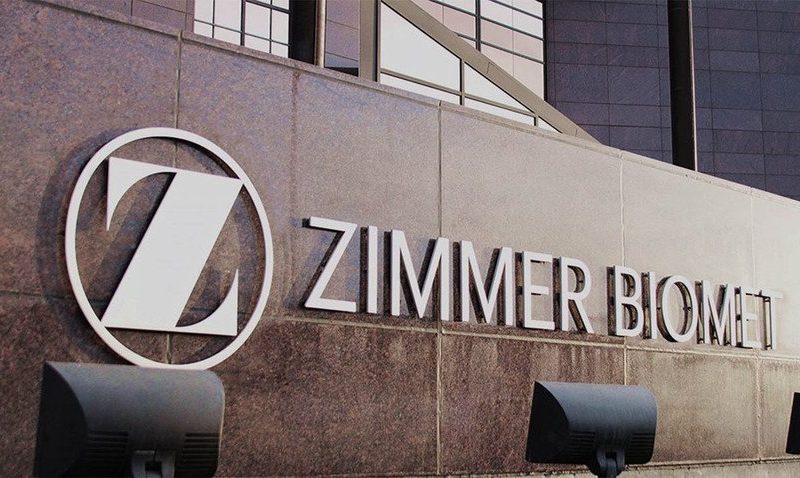While many of its peers in the medtech industry are proceeding with caution amid the fluctuating market conditions of 2022, Zimmer Biomet, for one, is putting the pedal to the metal.
First up on the docket is the devicemaker’s planned spinoff of its spine and dental segments, which is now slated to be completed on March 1, well ahead of previous estimates that it would be finalized closer to the middle of the year.
When the separation is complete, the standalone public company—dubbed ZimVie after its progenitor and the French word for “life”—will begin trading on the Nasdaq as “ZIMV.” Zimmer Biomet will retain a stake of just under 20% of ZimVie’s outstanding shares of common stock, though the elder company said it would ultimately divest those shares in an unspecified “tax-efficient manner.”
The remaining 80% of ZimVie’s outstanding stock will go to current Zimmer shareholders, distributed as one ZimVie share for every 10 Zimmer shares they own.
For all of 2022, ZimVie is expecting to rake in revenues of $1 billion. That’s the same amount the dental and spine businesses registered under the Zimmer Biomet umbrella in 2021, indicating the company’s inclination to temper expectations amid the ongoing uncertainty of the COVID-19 pandemic, which ZimVie noted could “materially impact” projections.
The spinoff will comprise a solid slate of Zimmer’s products, including its Rosa One Spine robotic surgery system, Mobi-C artificial cervical disc replacement implants, dental reconstruction implants and more. Those sectors took a hit at the height of the pandemic in 2020, with revenues dropping to $897 million for the year as elective surgeries were postponed and canceled.
“At ZimVie, we intend to prioritize innovation and enhanced commercial and operational focus to improve the adoption of our product platforms within the growing $20 billion global dental and spine markets,” said Vafa Jamali, president and CEO of the new entity.
Jamali, a former Medtronic exec who oversaw the Zimmer competitor’s respiratory, gastrointestinal and informatics divisions, was selected to lead ZimVie in early 2021, shortly after the spinoff plans were announced.
He’ll be joined in the C-suite by Richard Heppenstall, former chief financial officer of orthopedic brace maker Breg, who has been tapped to take on the same role and an executive VP slot at ZimVie.
As for the rest of its business, Zimmer is playing it similarly safe in terms of 2022 forecasts. The medtech giant recorded total net sales of $7.8 billion for 2021, a jump of more than 11% compared to 2020.
That increase, however, was somewhat muted by a 2.3% drop in net sales in the fourth quarter, which Zimmer CEO Bryan Hanson linked to “hospital staffing shortages and the omicron variant surge worldwide.”
Wary of continued fluctuations from the coronavirus pandemic, Zimmer is therefore predicting, at best, stagnant sales for the year after the dental and spine segments are spun out. Its forecasts for the remaining business—led by hip and knee replacement technologies—include a year-over-year impact on revenue somewhere between a 4% drop and no change at all.

